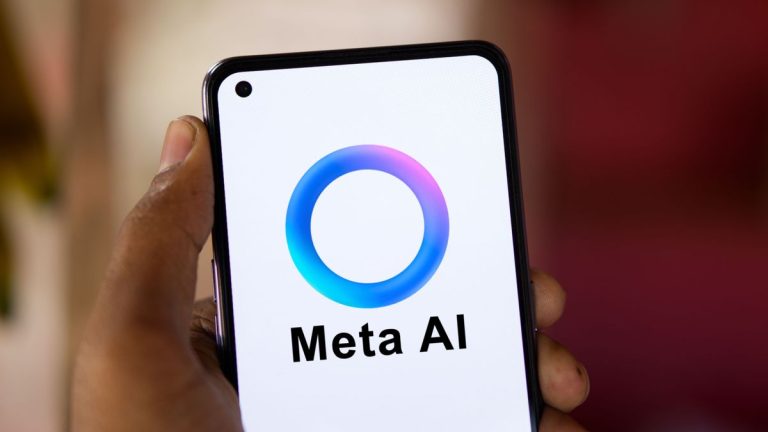Meta has officially launched a stand-alone AI app, signaling a bold move to rival top-tier generative AI platforms like OpenAI’s ChatGPT, Google’s Gemini, Anthropic’s Claude, and Elon Musk’s Grok. Announced at LlamaCon in Menlo Park, California, the app is powered by Meta’s latest Llama 4 model and places a strong emphasis on personalization and social interactivity—two pillars Meta believes will set its offering apart.
Social Personalization Powered by Meta’s Ecosystem
Unlike its competitors, Meta is uniquely leveraging years of user data from Facebook, Instagram, and other platforms to deliver more context-aware AI responses. The AI assistant can “[draw] on information you’ve already chosen to share on Meta products,” enhancing its ability to provide tailored suggestions and personalized insights.
Users can even add preferences—like dietary restrictions—that the AI will remember across sessions, making interactions feel more human and continuous. Currently, this feature is available in the U.S. and Canada, with plans to expand.
Introducing the Discover Feed: Where AI Becomes Social
A major highlight of the app is its Discover feed, a social feature allowing users to share their AI-generated content with friends and communities. This opt-in feed enables:
- Prompt-by-prompt interaction sharing
- Likes, comments, and remixing
- Easy sharing across Meta’s platforms
Meta hopes this feature will spark creative trends and help users learn more about what AI can do in a community-driven setting. As Meta’s VP of Product, Connor Hayes, put it, the goal is to “show people what they can do with it.”
Integrated Across Meta, Yet Designed for Independence
Though Meta AI is already embedded into Facebook, Instagram, Messenger, and WhatsApp, the new app provides a dedicated experience. It replaces the old View app for Ray-Ban smart glasses, now serving as both the AI assistant’s home and the control hub for Meta’s AI-powered hardware.
Voice Mode with Full-Duplex AI
Another innovation is the app’s full-duplex voice mode, which supports:
- Dynamic, overlapping conversation
- Natural turn-taking
- Real-time backchanneling (like “mm-hmm” or “uh-huh”)
This creates more fluid and natural voice interactions, available in the U.S., Canada, Australia, and New Zealand.
AI Meets Wearables
Meta is also building a hardware ecosystem around its AI tools. The Ray-Ban smart glasses already feature real-time translation and object recognition, and a new version launching later this year will include a heads-up display, blending fashion, function, and AI assistance.
Looking Ahead: Meta’s AI Ambitions
With CEO Mark Zuckerberg forecasting that 2025 will be “the year when a highly intelligent and personalized AI assistant reaches more than 1 billion people,” Meta appears all-in on AI. The company already boasts 700 million monthly active users for Meta AI, up from 600 million in December 2024.
As it prepares to report earnings and continues to invest $65 billion in AI infrastructure, Meta’s new app may prove pivotal in positioning the company as a dominant force in the generative AI landscape.

